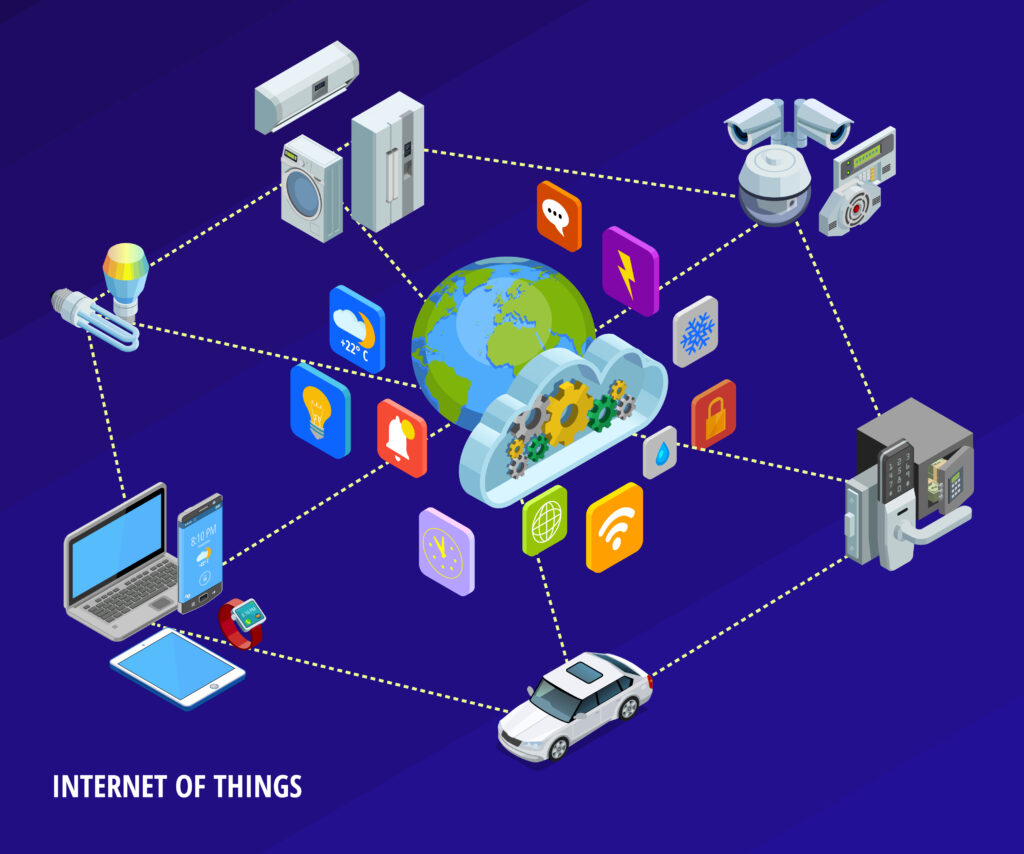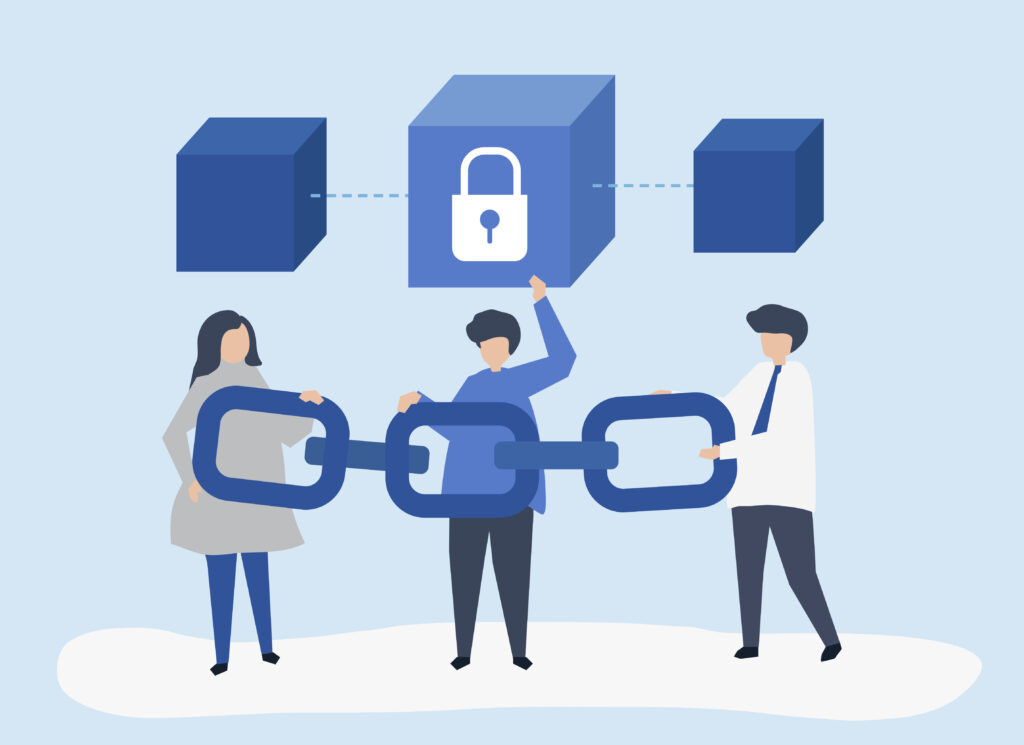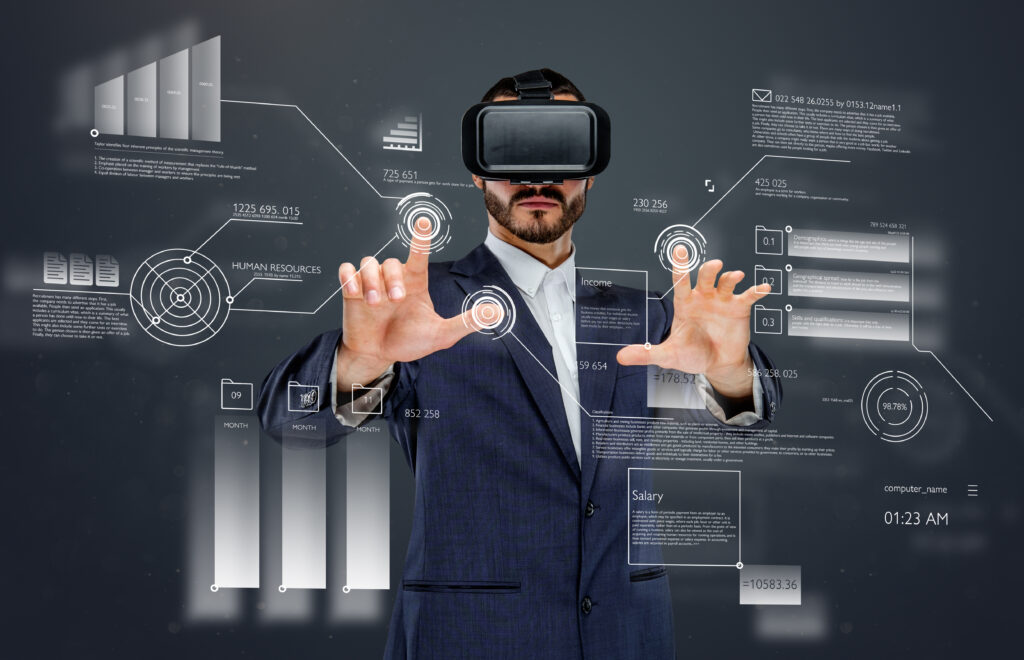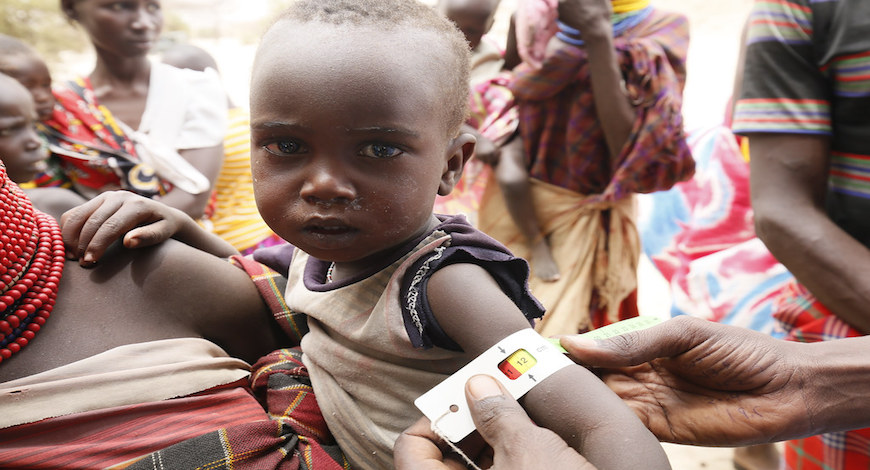
The remarkable growth and economic progress of the UAE over the past 50 years have undoubtedly provided numerous advantages and protections for its citizens. However, such rapid changes have also resulted in an increasing range of persistent public health problems and long term challenges for the healthcare industry. For instance, according to the WHO, around 33 per cent of adults in the UAE are obese, and 20 per cent of the population suffer from diabetes, with other illnesses related to sedentary lifestyles being frequently observed throughout the emirates.
Moreover, the healthcare sector in the UAE needs to brace itself to withstand potential shockwaves from rapidly emerging viral epidemics. The severity of the pandemic highlighted the importance of healthcare systems making it predictive, proactive, innovative, and resilient.
Technological breakthroughs in the healthcare sector

Electronic Health Records (EHR): One of the most significant technological advancements in healthcare is the use of Electronic Health Records (EHRs). They allow healthcare providers to access patient information in real-time, streamline care coordination, and make informed decisions. They also reduce the risk of medical errors and improve patient safety. EHRs offer a comprehensive view of the patient’s medical history, test results, and medication information, enabling healthcare providers to provide personalised care and make accurate diagnoses. The use of EHRs has improved the quality of care delivery, increased efficiency, and reduced healthcare costs.
Telemedicine

It enables healthcare providers to diagnose and treat patients remotely, eliminating the need for inperson visits. Telemedicine has been particularly useful during the COVID-19 pandemic when social distancing measures were implemented. Patients can access healthcare services from the comfort of their homes, saving time and money. Telemedicine has also been shown to reduce healthcare costs, improve access to care, and increase patient satisfaction.
Digital pharmacology: Digital therapeutics, or the use of digital tools to deliver therapeutic care, may be a part of the future of digital health. Digital medicines have the potential to treat a wide range of ailments, from chronic pain to mental illness. Cognitive behavioural therapy and mindfulness meditation are the most commonly used treatments.
These treatments are designed to teach patients how to manage their symptoms through relaxation techniques and breathing exercises. The software also sends patients regular reminders about what they should be doing during each session. The apps can even be tailored for each patient, making them more successful than standard medicines at treating certain problems.
Artificial Intelligence (AI)

It is another technology that is reshaping healthcare infrastructure. AI has various applications in healthcare, including disease diagnosis, drug discovery, and personalised medicine. It can analyse vast amounts of data and provide insights that can inform treatment decisions. AI-powered diagnostic tools can improve the accuracy and speed of diagnosis, reducing the time it takes to start treatment. It can also help identify patients at high risk of developing certain diseases, allowing healthcare providers to provide preventative care.
Internet of Things (IoT)

IoT devices can collect and transmit patient data in real-time, allowing healthcare providers to monitor patient health remotely. IoT devices can also remind patients to take their medication, track their physical activity, and monitor their vital signs. This data can be used to inform treatment decisions and improve patient outcomes.
Robotics

Robots can perform a range of tasks, including drug dispensing, custodial services, and patient support. They can also assist with surgeries, improving the control and capabilities of human surgeons. Robotic assistance can reduce the risk of healthcare workers contracting infectious diseases, improving patient safety. Robotics has the potential to improve efficiency, reduce costs, and improve patient outcomes.
UAE initiatives promoting smart health adoption:
The Ministry of Health and Prevention (MoHAP) has announced the deployment of blockchain-based data storage:

MoHAP has developed a new data storage system that employs blockchain technology to secure all health-related data, pharmaceutical government and commercial facilities, health practitioners, and prescription information. Its inventors claim that it will significantly improve the security and privacy of all health records while also shortening citizens search time for appropriate health facilities and services.
DHA’s Augmented Reality (AR) virtual help platform:

DHA has built an AR platform in collaboration with Proximie that allows UAE doctors to provide hands-on virtual help in real time, no matter where they are in the world.
DHA TruDoc 24×7:

This is the first step towards genuinely on demand telemedicine service delivery. Patients can speak directly to a doctor at any time through phone or video chat with TruDoc 24×7, schedule specialist referrals, write prescriptions, monitor pre-existing ailments, and explore various wellness programmes.
Automated medicine storage and disposal: DHA is testing a novel and entirely automated method of moving pharmaceuticals from their point of origin into the hands of patients through the French firm Mekapharm. The system can scan prescriptions, detect that the proper patient has the right order, and then locate and deliver the required medicine using advanced robots. This increases delivery speed while eliminating human error.
UAE: Latest happenings in the healthcare industry

The Department of Health – Abu Dhabi (DoH) launched the Personalised Precision Medicine Programme for oncology in June 2022 in collaboration with Cleveland Clinic Abu Dhabi, NYU Abu Dhabi, Mohamed bin Zayed University of Artificial Intelligence, and G42 Healthcare. Breast cancer is identified, diagnosed, and treated in this programme using cutting-edge AI-based technologies.
Mediclinic Middle East, which comprises seven hospitals and more than 20 outpatient clinics throughout Dubai, Abu Dhabi, and Al Ain, became the top private hospital group in the UAE in January 2022. It announced the acquisition of Ayadi Home Healthcare (Ayadi), which provides home healthcare services to patients in Abu Dhabi and Al Ain.
UAEs Healthcare Market: Future Estimate
According to a report by PwC, the adoption of AI in the healthcare industry could generate up to $22 billion in annual savings for the UAE healthcare system by 2030. The UAE’s healthcare expenditure is estimated to reach $26 billion by 2028 due to the combination of long-term public health issues and preparations for combating epidemics.
This will add further pressure on a healthcare system that is already burdened with present day operational considerations. To address these challenges, leading institutions in the private and public healthcare sectors are seeking to innovate and streamline their operations while enhancing services, saving lives, and expanding capabilities to meet patient needs proactively.
According to a report by ResearchAndMarkets.com, the telemedicine market in the UAE is projected to grow at a compound annual growth rate (CAGR) of 19.3 per cent between 2021 and 2026.
By employing the discussed technological innovations, smart health can be achieved in the UAE, resulting in significant lifesaving benefits such as improving preventative healthcare, building resilience in healthcare facilities, and speeding up response times to emergencies, ranging from local incidents to global pandemics.
As the UAE adopts a more extensive and integrated range of smart health solutions, their synergies will have an even greater impact on public health outcomes, providing everyone with better healthcare information, security, choice, and support.
To sum it up
Innovative technologies are reshaping health infrastructure by introducing new and efficient ways of providing healthcare services. Electronic Health Records, Telemedicine, Digital Pharmacology, Artificial Intelligence, Internet of Things, and Robotics are some of the technologies that have revolutionised healthcare services. These technologies have improved efficiency, reduced healthcare costs, increased patient satisfaction, and enhanced patient outcomes.
The introduction of innovative technologies in healthcare services has been on the rise, given the increasing number of persistent public health problems and long term challenges for the healthcare industry. The COVID-19 pandemic has highlighted the importance of healthcare systems being predictive, proactive, innovative, and resilient.
By adopting innovative technologies, healthcare providers can provide personalised care, make accurate diagnoses, reduce medical errors, and improve patient safety. The benefits of these technologies are not only limited to the UAE but also extend to other countries where these technologies have been adopted.
The future of healthcare services looks bright as technology continues to revolutionise the industry, and we can only expect more innovations in the coming years.














